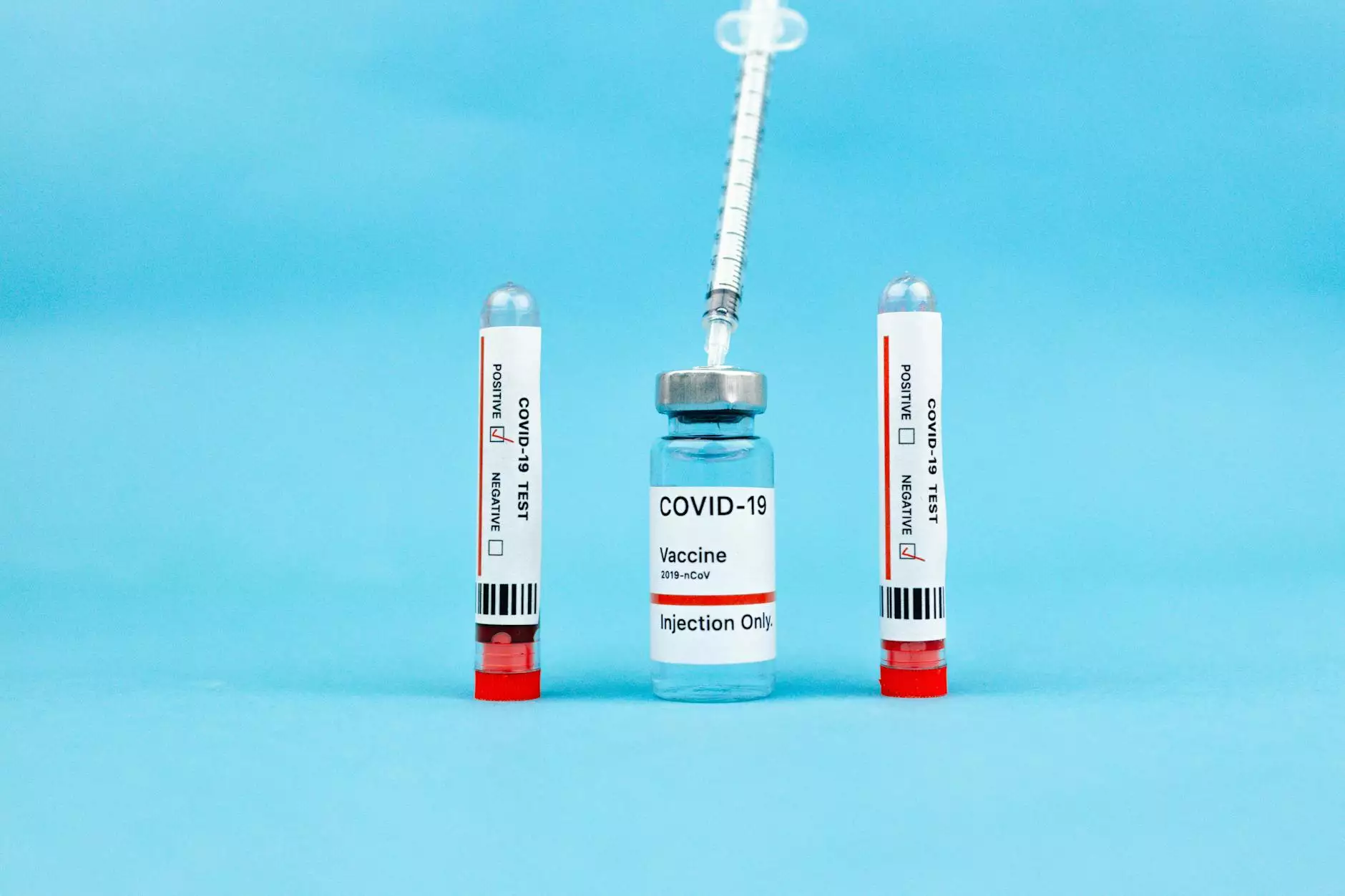Vascular Health: Varicose Veins And The Diabetes Connection
Health
The Link Between Varicose Veins and Diabetes
For individuals living with diabetes, vascular health is of utmost importance. It is essential to understand the connection between diabetes and varicose veins, as well as how to maintain optimal vascular health. At Ageless Wisdom Magazine's Lifestyle section, we delve into the intricacies of vascular health and provide valuable insights for individuals seeking to improve their overall wellbeing.
What Are Varicose Veins?
Varicose veins are swollen, gnarled veins that often appear blue or purple in color. They are most commonly found in the legs and feet. While varicose veins can affect anyone, individuals with diabetes are particularly susceptible due to the impact of diabetes on blood vessel health.
Understanding The Diabetes Connection
Diabetes, especially when poorly managed, can lead to various complications, including damage to blood vessels and poor circulation. These factors increase the likelihood of developing varicose veins. High blood sugar levels can weaken blood vessels, resulting in impaired valve function and reduced blood flow. This can cause blood to pool in the veins, leading to their dilation and the formation of varicose veins.
Maintaining Vascular Health
To protect your vascular health, it is crucial to implement lifestyle changes that support optimal blood circulation. Here are some tips to consider:
1. Manage Your Diabetes Effectively
Keeping your blood sugar levels within a target range is vital for overall vascular health. Regularly monitor your glucose levels, take prescribed medications as directed, and follow a healthy eating plan to promote stable blood sugar control.
2. Engage in Regular Physical Activity
Exercise is beneficial for improving blood circulation and maintaining vascular health. Incorporate activities such as walking, swimming, or cycling into your routine. Consult with your healthcare provider to determine the most suitable exercise plan for your individual needs.
3. Maintain a Healthy Weight
Excess weight can strain your veins and contribute to the development of varicose veins. Aim to maintain a healthy weight through a balanced diet and regular exercise. This will not only improve your vascular health but also positively impact your diabetes management.
4. Wear Compression Stockings
Compression stockings provide support to your veins and help improve blood flow. They can alleviate discomfort associated with varicose veins and reduce swelling. Consult with a healthcare professional to determine the appropriate compression level and style for your specific needs.
5. Elevate Your Legs
Elevating your legs several times a day can help reduce swelling and enhance blood flow. Whenever possible, prop your legs up on a pillow or elevate them above heart level to facilitate proper circulation.
6. Incorporate Nutrient-Rich Foods
A well-balanced diet filled with nutrient-rich foods can contribute to better vascular health. Include antioxidant-rich fruits and vegetables, whole grains, lean proteins, and healthy fats in your meals. These foods provide essential nutrients that support overall cardiovascular function.
Conclusion
Understanding the connection between varicose veins and diabetes is crucial for individuals aiming to maintain optimal vascular health. By managing diabetes effectively, adopting healthy lifestyle habits, and following the tips mentioned above, you can prioritize your vascular health and reduce the risk of varicose veins. Ageless Wisdom Magazine's Lifestyle section is dedicated to providing valuable insights and empowering individuals to make informed choices for their wellbeing.




